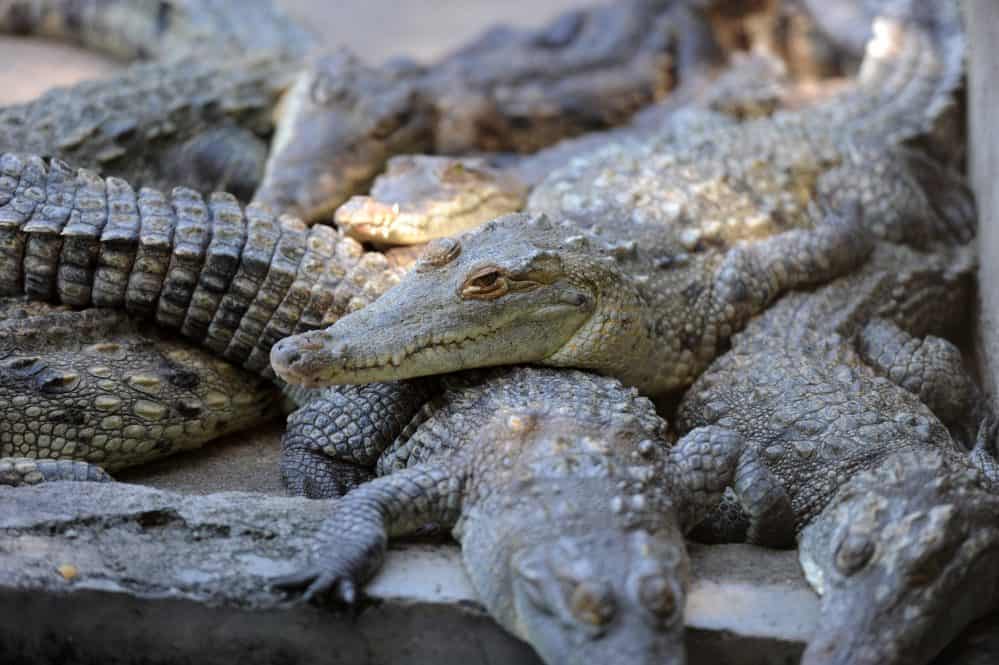A team of specialists from the National University, the Association of Crocodile Professionals (ASOPROCROC), and the National System of Conservation Areas (SINAC) under the Ministry of Environment and Energy has concluded a population study of crocodiles in Costa Rica. Concerns had arisen over whether the country faced a potential overpopulation of crocodiles.
The experts conducted an analysis that incorporated over 40 years of research and documentation in Costa Rica, alongside scientific publications and the latest data. This study determined that the crocodile population has been recovering in recent years, after the species was driven close to extinction by decades of hunting.
The report concludes that there is no overpopulation in any area of the country. It also notes that in some places, human communities and crocodile populations converge, increasing the risk of dangerous human-crocodile interactions.
“Given the richness of our biodiversity and the fundamental role of these animals in ecosystems, it is imperative to strengthen the protection of human life and wildlife, involving citizens, academia, and other relevant actors through the promotion of environmental education and coordinated processes,” explained Jorge Mario Rodriguez, Vice Minister of Environment.
The Vice Minister added that developing optimal methodologies to reduce negative interactions with this and other species is not just a responsible and ethical approach—it is a legal mandate.
“As a responsible government committed to safeguarding human life and natural resources, we have a joint action protocol between police forces of the Ministry of Public Security and the Ministry of Environment and Energy, through SINAC, for the use of lethal force in emergency situations involving humans and crocodiles. This is part of a roadmap we are developing to prevent and address these interactions with the species,” he added.
Part of these actions is being carried out with funds from the First Debt for Nature Swap, in a project with the School of Biological Sciences of the National University, through FUNDAUNA.
SINAC pointed out that only authorized personnel should handle wild animals, and it is advisable to stay out of rivers, estuaries, and lagoons where there are crocodiles, as well as to pay attention to preventive signage and consult neighbors in case of doubt.
“It is crucial to take extra precautions with children, keeping them far from riverbanks and estuaries where crocodiles are known to reside. River mouths are particularly favored by crocodiles,” SINAC emphasized.






